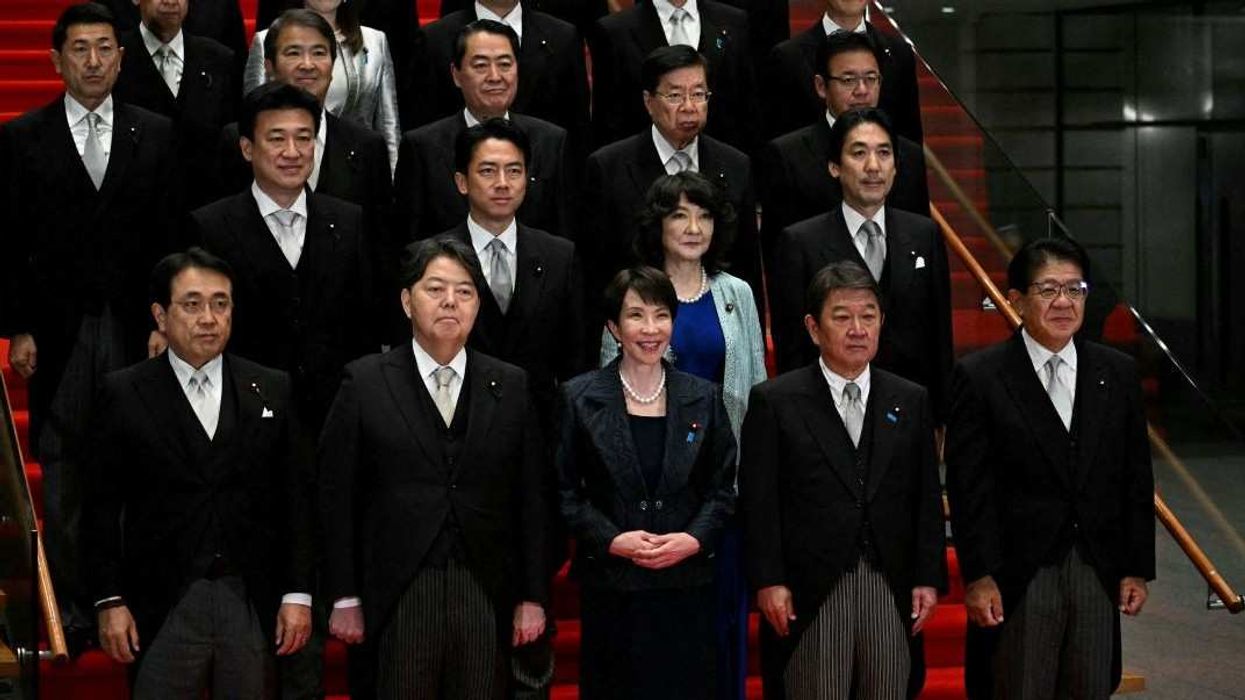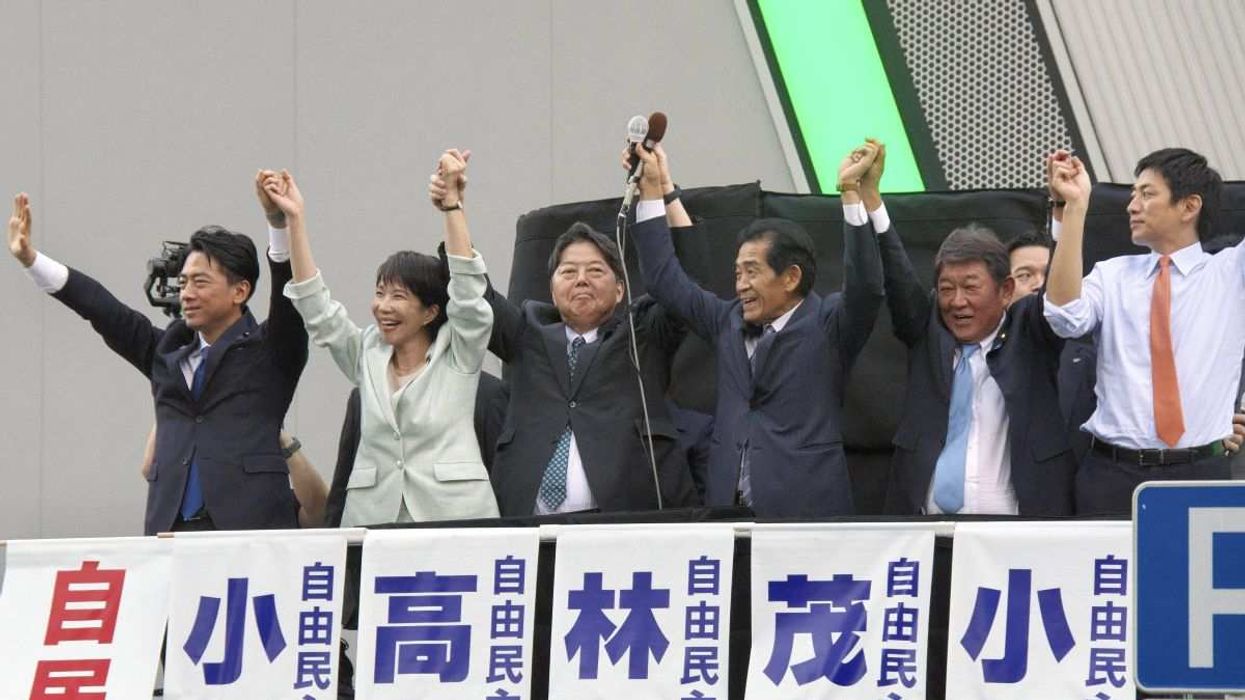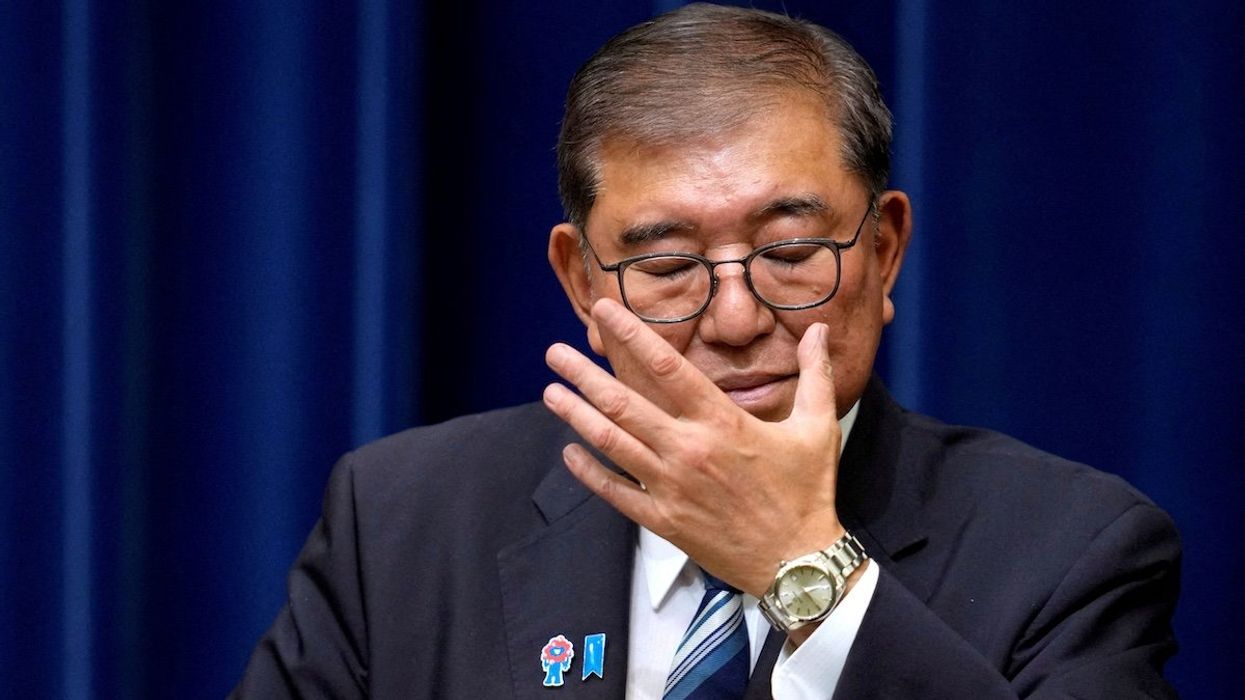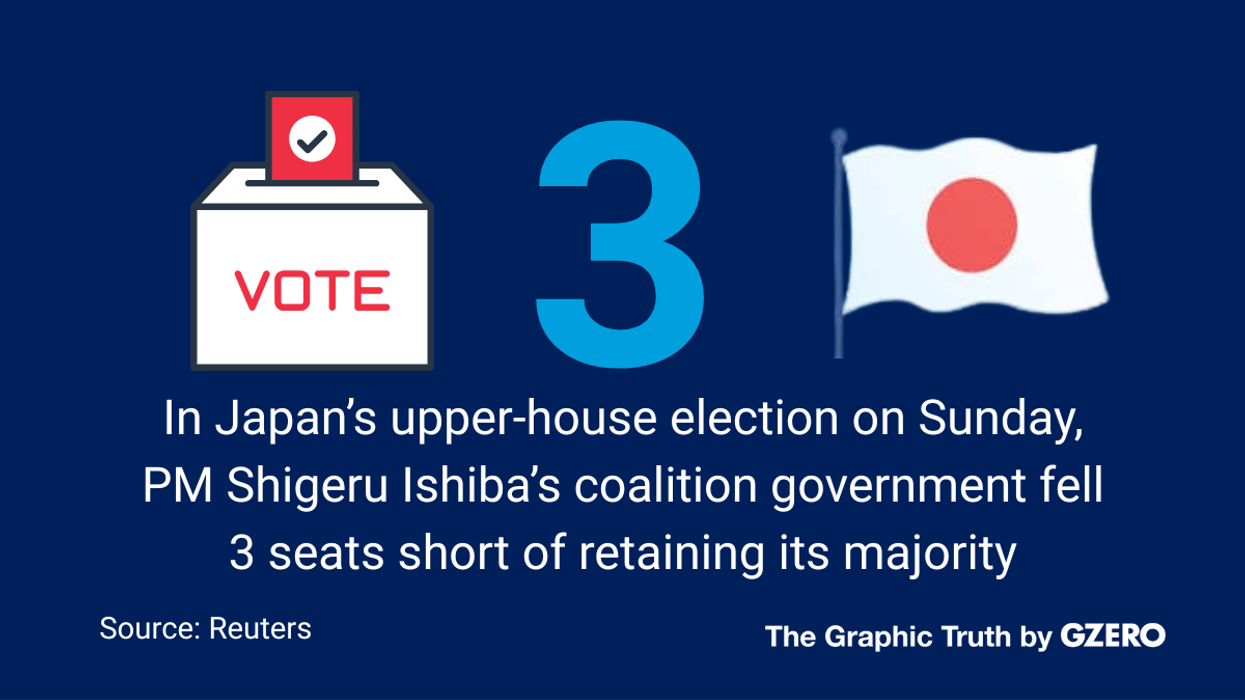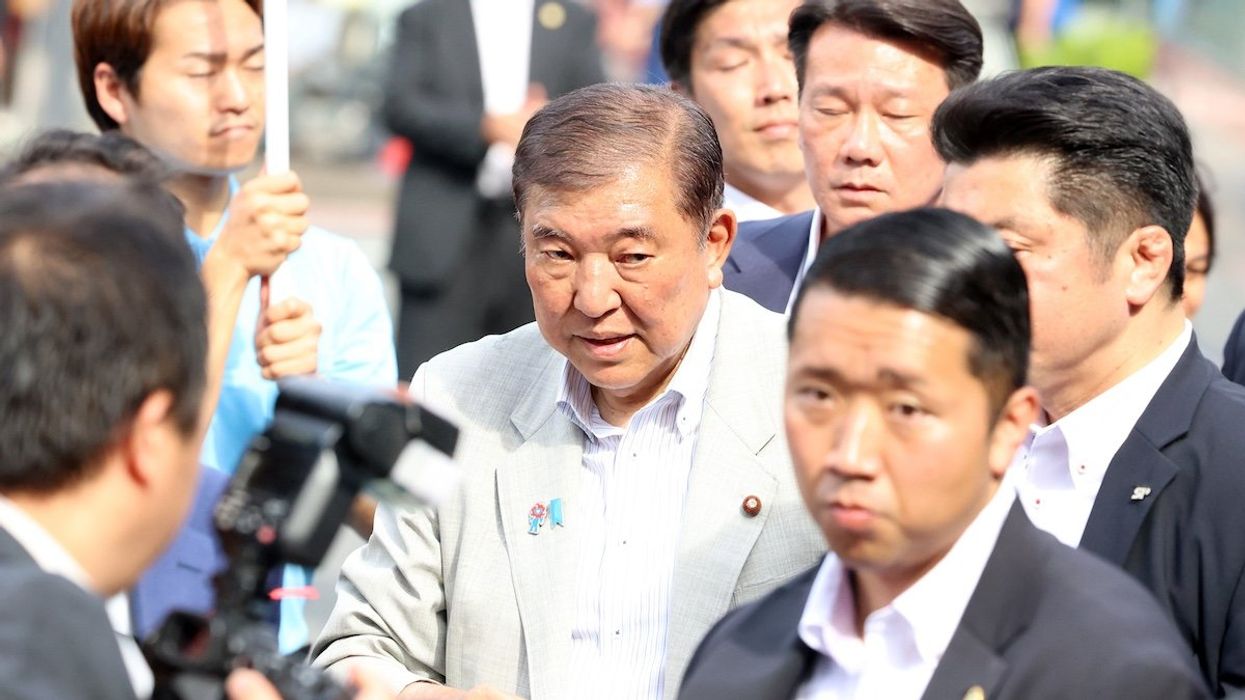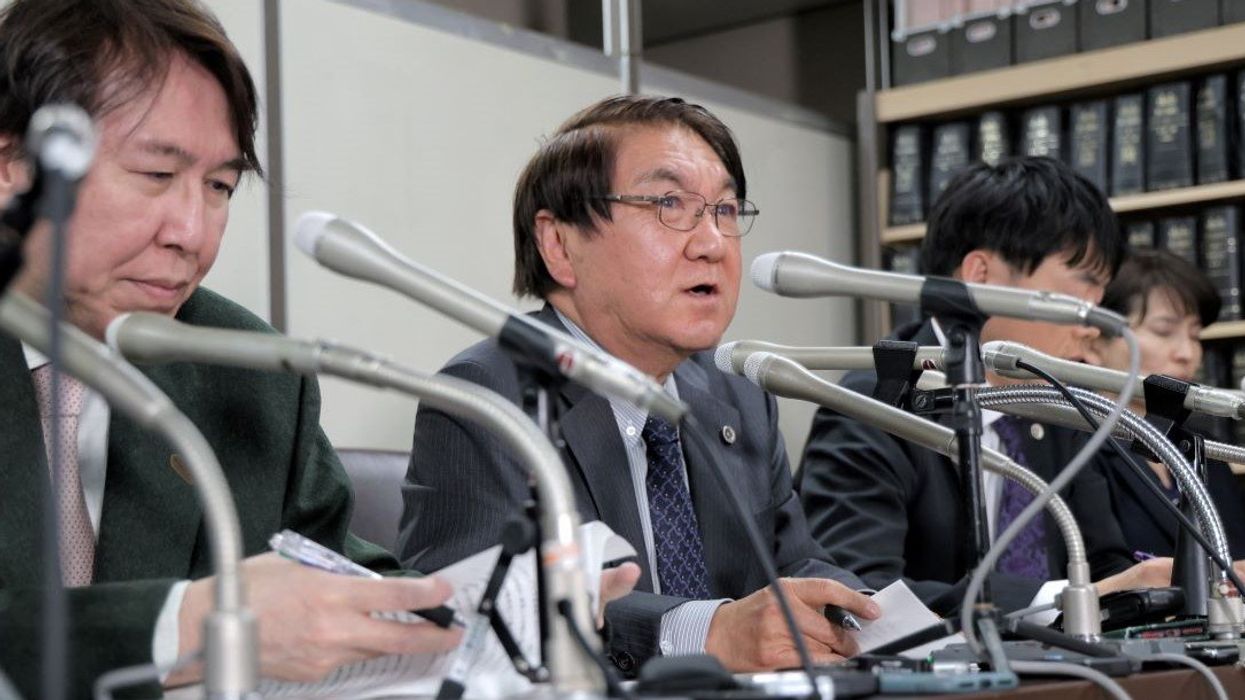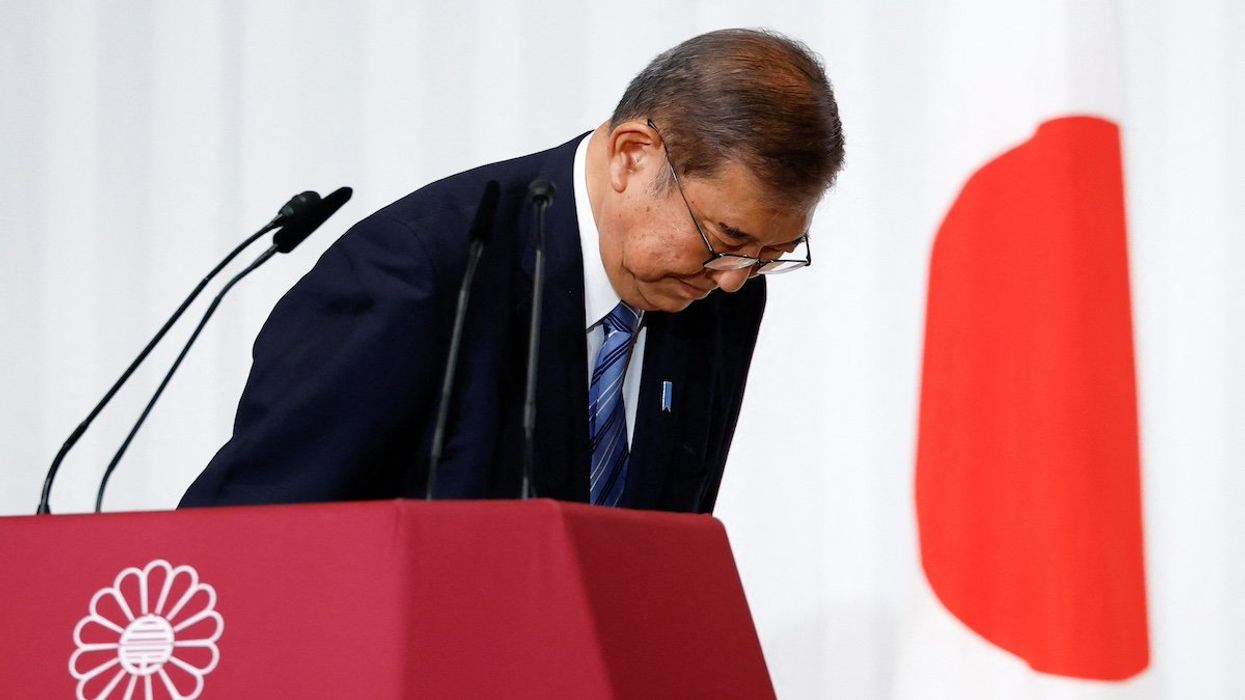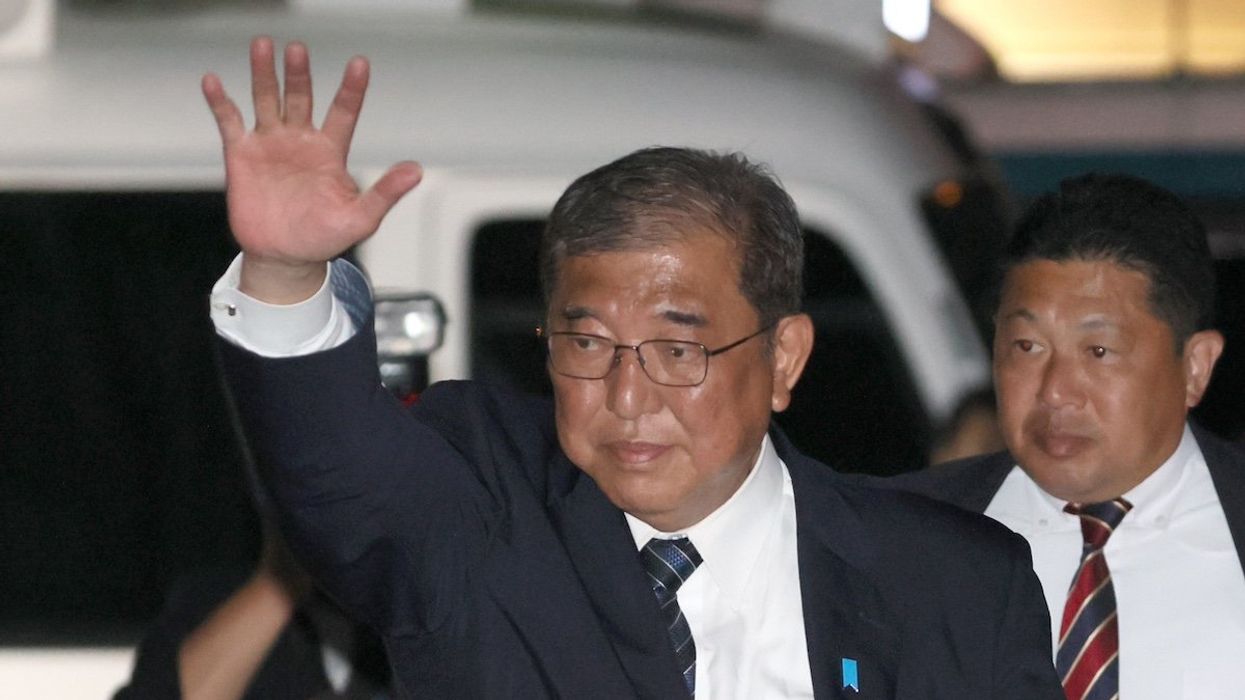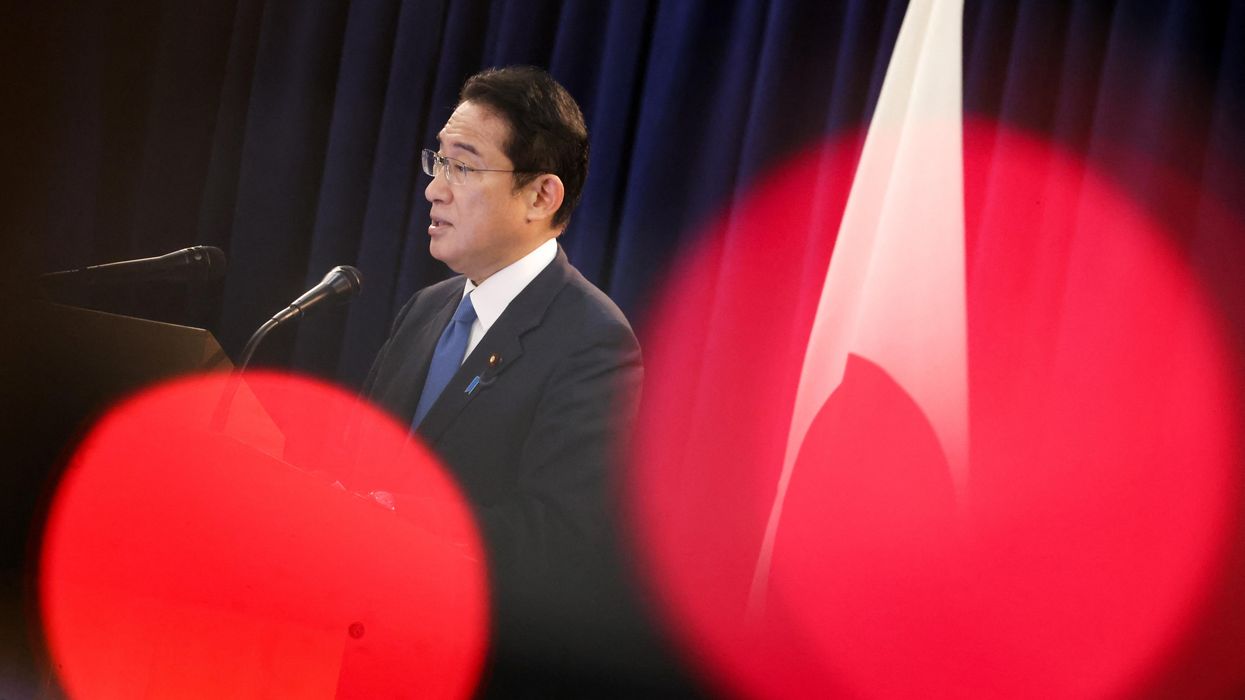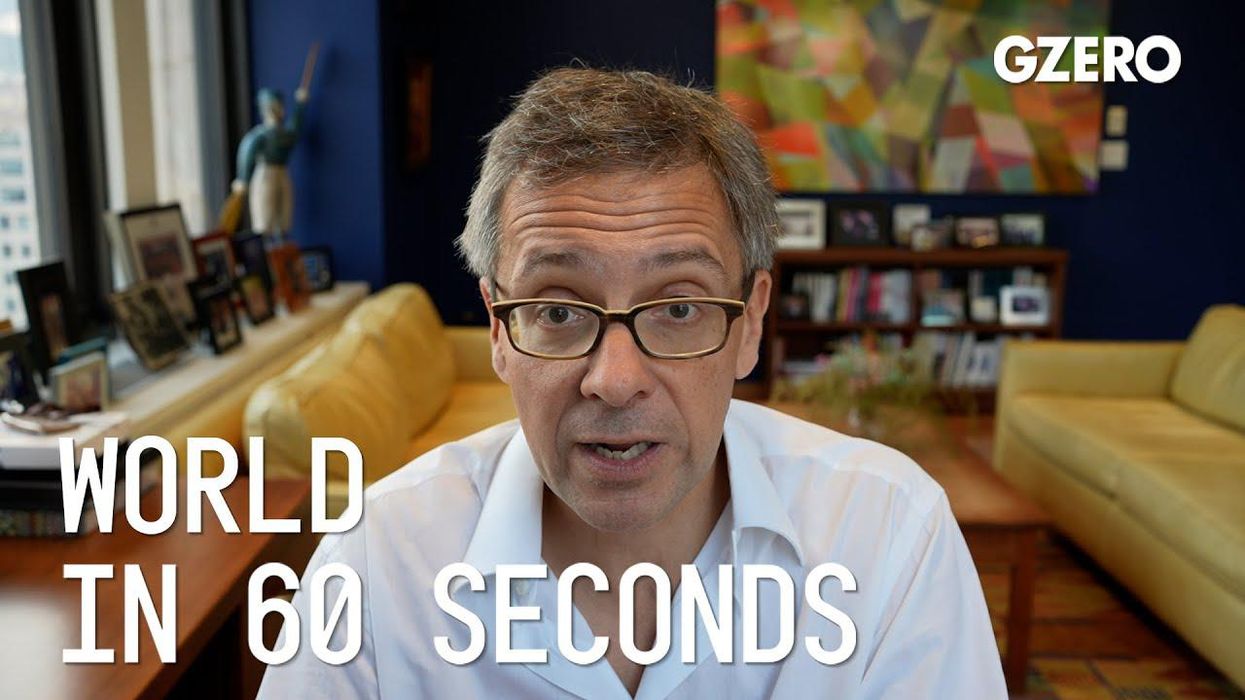Hard Numbers
Hard Numbers: Japan elects first female prime minister, Former French president goes to jail, The Netherlands to start deporting migrants to Uganda, US army courts private equity
1: As anticipated, Japan’s Parliament elected Liberal Democratic Party leader Sanae Takichi to be the 104th prime minister – and the first female PM in the country’s history.
Oct 21, 2025
